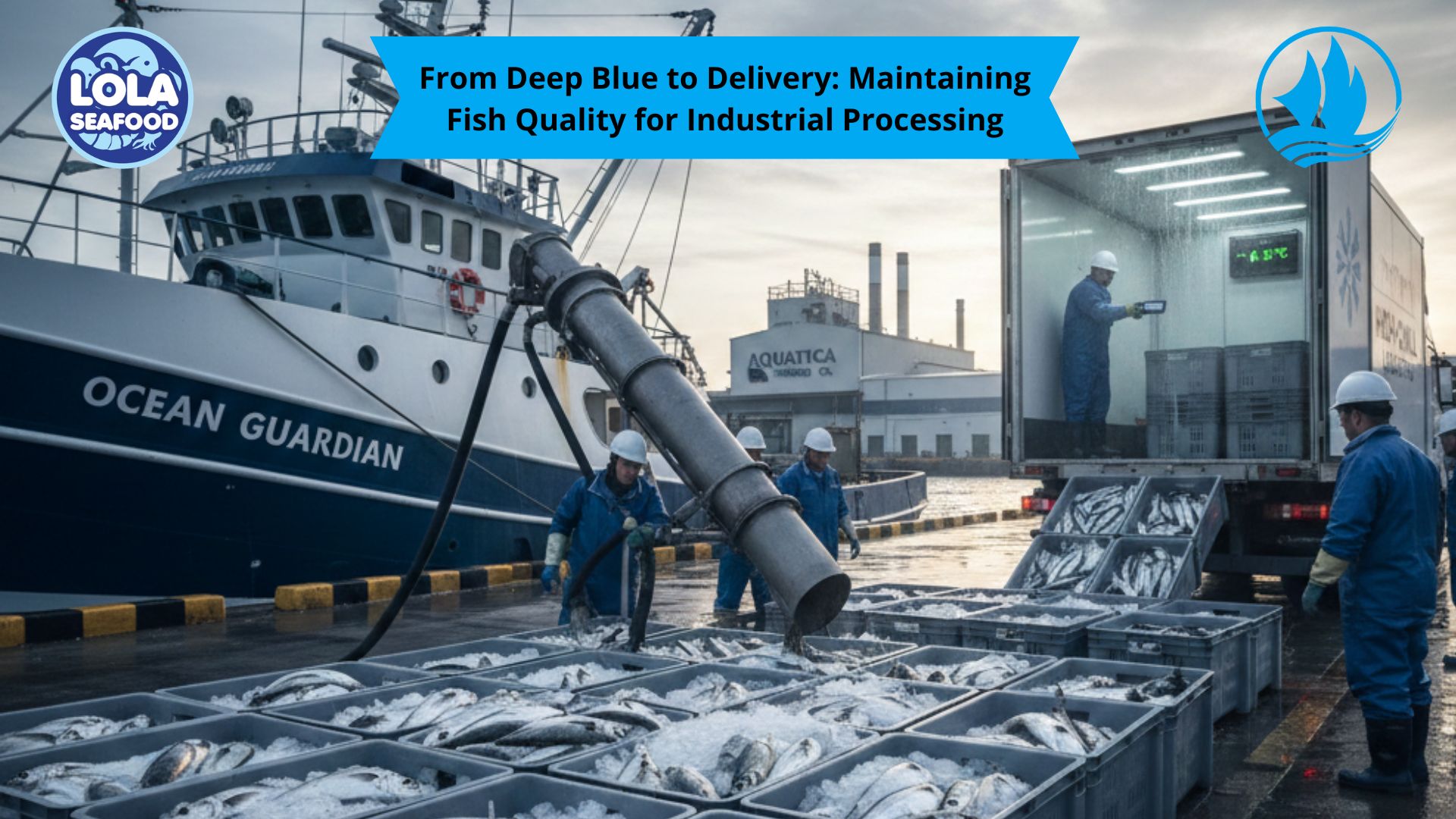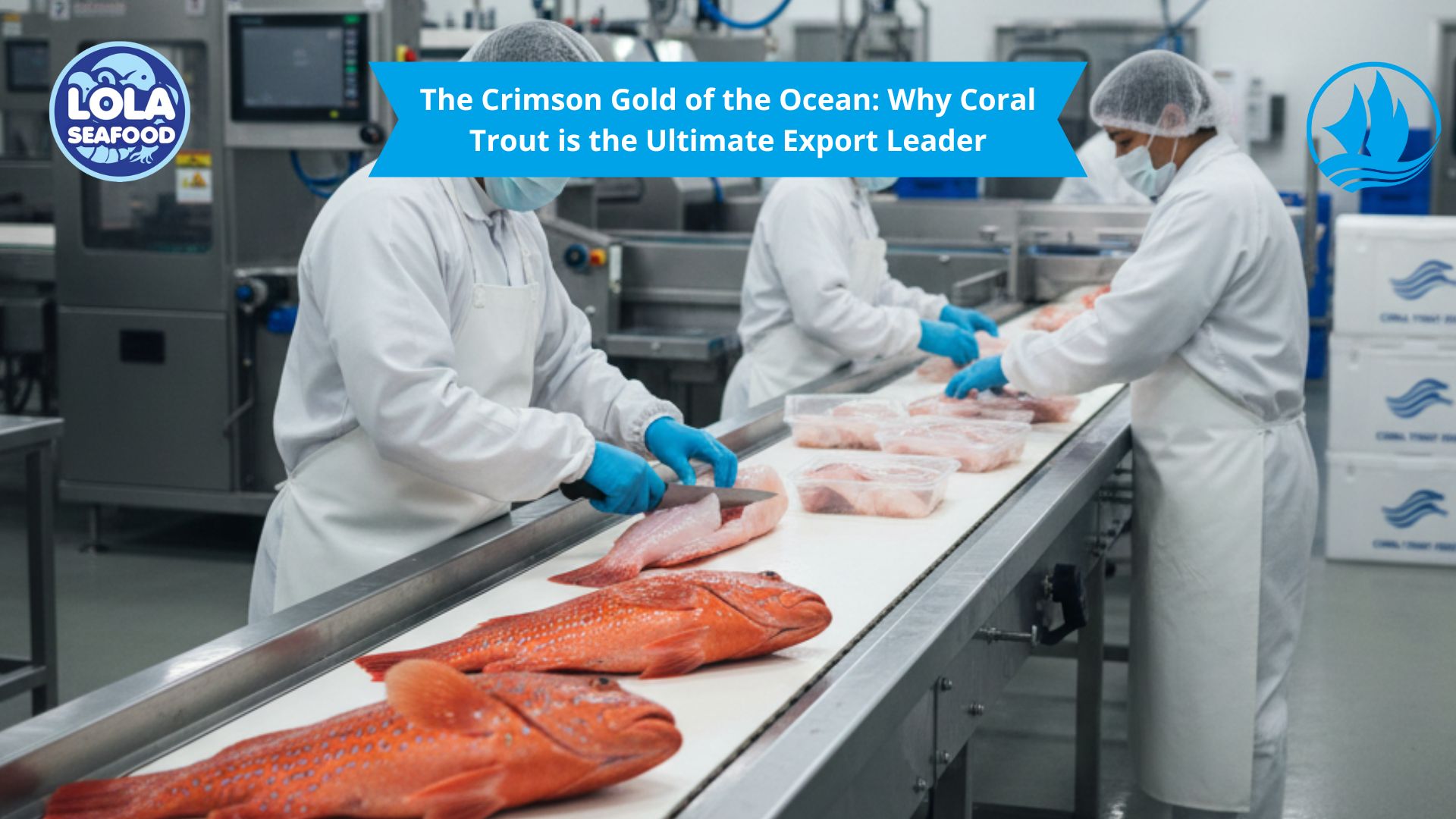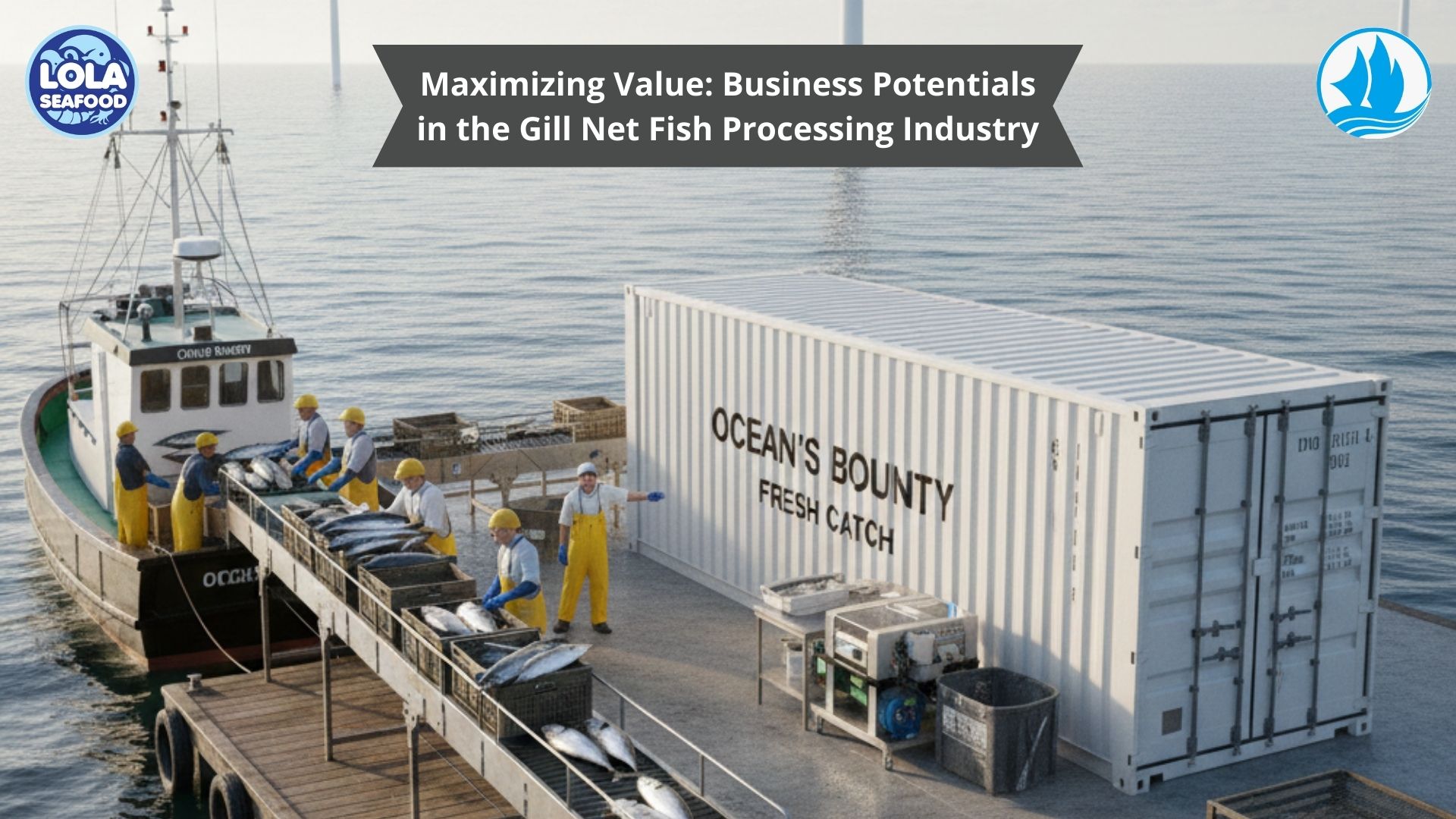Frozen Fish as a Solution to Global Protein Deficiency
By. Najih - 20 Aug 2024.jpg)
Global protein deficiency is a pressing issue that affects millions of people, particularly in developing regions. Frozen fish offers a viable solution to this problem by providing a nutritious, affordable, and accessible source of protein. This article explores how frozen fish can help address global protein deficiency and the factors contributing to its effectiveness.
1. Nutritional Benefits of Frozen Fish
High-Quality Protein: Frozen fish is an excellent source of high-quality protein, essential for muscle development, immune function, and overall health. It provides all the essential amino acids needed for bodily functions, making it a valuable dietary component.
Essential Nutrients: In addition to protein, frozen fish is rich in other vital nutrients such as omega-3 fatty acids, vitamins (e.g., vitamin D and B vitamins), and minerals (e.g., iodine and selenium). These nutrients are crucial for maintaining health and preventing deficiencies.
2. Affordability and Accessibility
Cost-Effective Protein Source: Frozen fish often costs less than other animal-based proteins like meat and poultry. Its affordability makes it a practical option for low-income households and developing regions, where protein deficiency is most prevalent.
Extended Shelf Life: The freezing process extends the shelf life of fish, reducing waste and making it possible to transport fish to regions with limited access to fresh seafood. This increases availability in areas where fresh fish may not be easily accessible.
3. Addressing Supply Chain Challenges
Efficient Distribution: Frozen fish can be stored and transported over long distances without spoiling. This ability to reach diverse markets helps overcome logistical barriers and ensures a consistent supply of protein to areas in need.
Reduced Spoilage: By preserving fish at extremely low temperatures, the freezing process minimizes spoilage and waste. This ensures that more fish reaches consumers in good condition, enhancing the overall efficiency of the supply chain.
4. Supporting Sustainable Practices
Sustainable Sourcing: Many frozen fish companies are committed to sustainable fishing practices and sourcing fish from well-managed fisheries. This helps ensure that fish stocks are maintained and that the seafood supply remains reliable in the long term.
Aquaculture Solutions: Frozen fish from aquaculture farms also provides a controlled and sustainable source of protein. By adopting responsible farming practices, these farms can meet growing protein demands while minimizing environmental impact.
5. Enhancing Food Security
Diverse Diet Options: Incorporating frozen fish into diets can diversify food sources and improve overall nutrition. This is especially important in regions where dietary variety is limited, and access to fresh produce and proteins is restricted.
Emergency Relief: Frozen fish can be a valuable component of food relief programs and emergency aid efforts. Its long shelf life and nutritional content make it suitable for distribution in disaster-stricken areas and regions facing food shortages.
.jpg)







